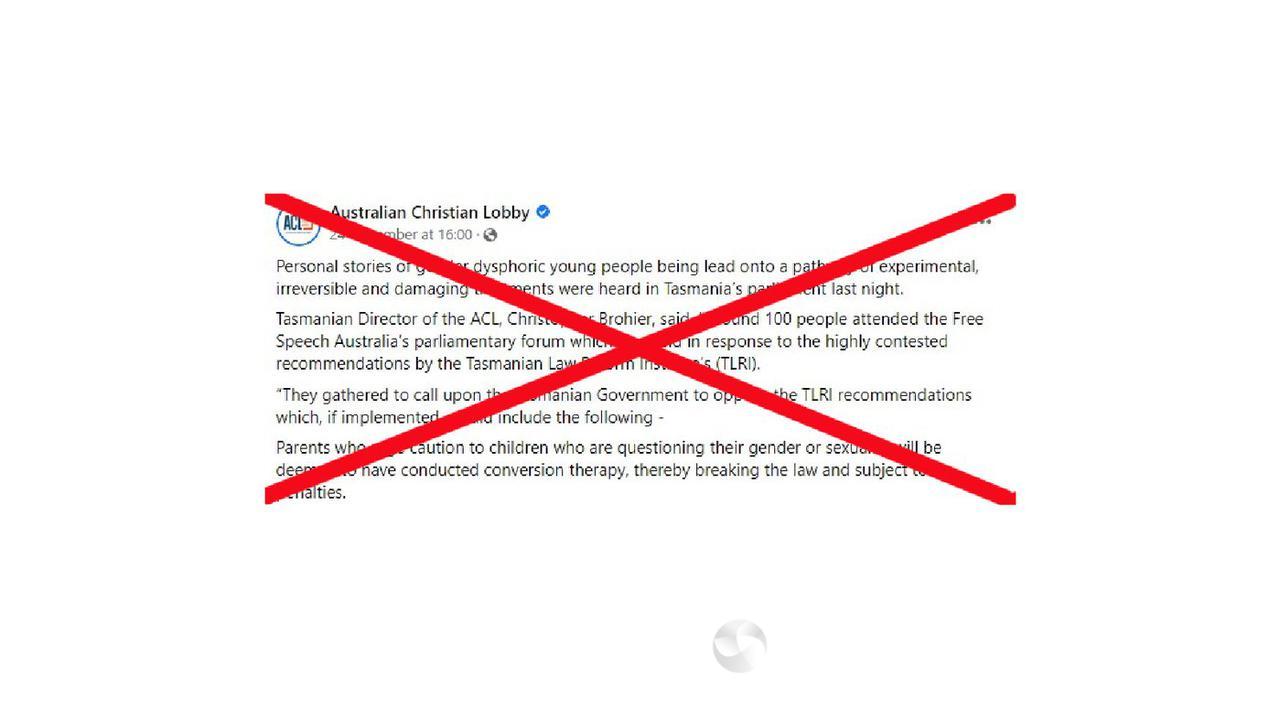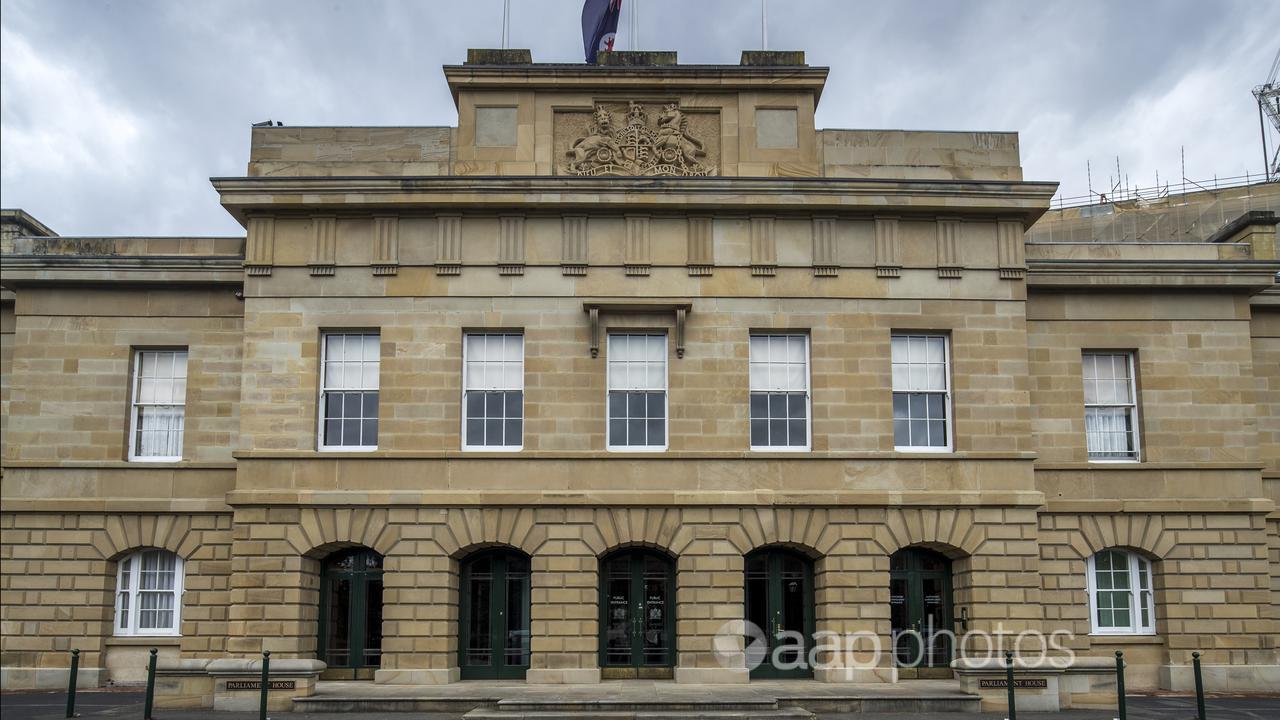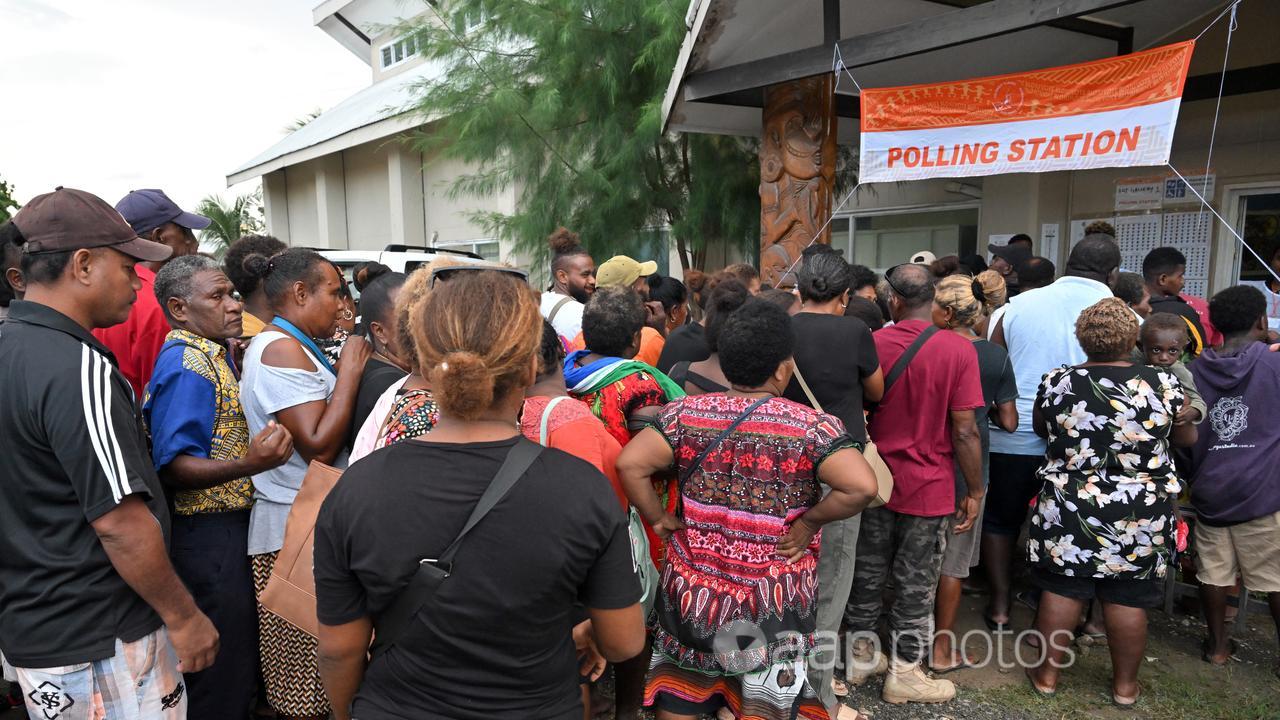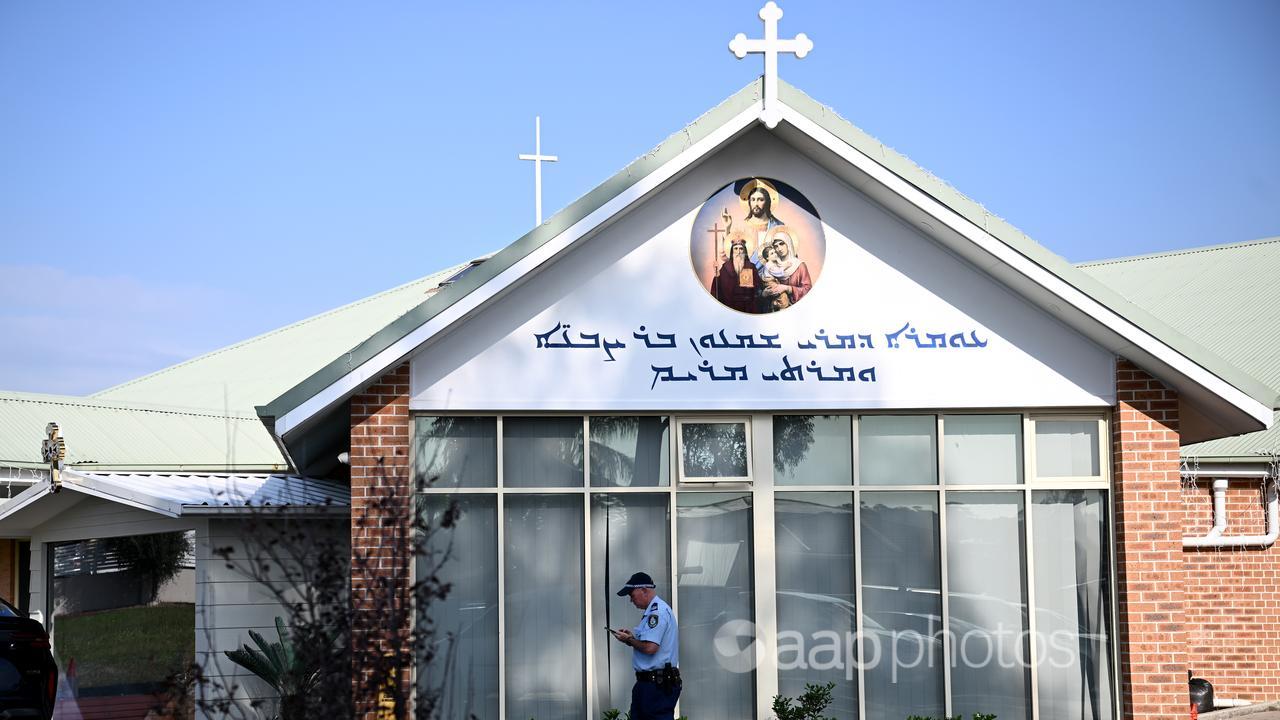A Facebook post claims it would be illegal for parents to urge caution to children who are questioning their gender or sexual orientation if the state government implements the Tasmanian Law Reform Institute’s (TLRI) recommendations on banning conversion therapy.
This claim is false. TLRI’s report says communicating views about sexuality and gender is not a conversion practice and specifically puts in place protections for parents to provide care and guidance. It also states parents should be able to educate their children “in accordance with their religious and moral convictions.”
The Australian Christian Lobby (ACL) November 24 post (archived here) warns followers about the TLRI recommendations.

“It implemented…parents who urge caution to children who are questioning their gender or sexuality will be deemed to have conducted conversion therapy, thereby breaking the law and (making them) subject to penalties.”
The post refers to TLRI’s report on Sexual Orientation and Gender Identity Conversion Practices.
The report was released in May and features 16 recommendations to legislate to put an end to conversion practices.
In June, Tasmanian Premier Jeremy Rockliff said he supported calls to end conversion practices and intended to act on the TLRI’s recommendations.
He has recently been accused of going cold on the issue but pledged draft legislation on banning conversion therapy will go to the state parliament in 2023.
The ACL’s claim contradicts the TLRI’s recommendations.
TLRI’s report states parents have the right to convey their own perspectives.
“Expressing views about sexuality and gender identity, or disapproving of certain sexualities or gender identities, is not, of itself, a conversion practice,” it reads.
The report also states the proposed reforms do not affect, “supportive care, guidance, or mentoring of a child by a parent or guardian which are conducted in the best interest of the child” (page V).
Brendan Gogarty, associate law professor at Monash University and report co-author, told AAP FactCheck the claim is false.
“There is nothing in the report which suggests that ‘urging caution’ to children is to be proscribed. Quite the opposite. The TLRI recommended clear and wide-ranging protections for care and counselling,” Dr Gogarty said in an email.
He said the report specifically addressed the issue on page V.
Page 39 of the report adds: “The Institute acknowledges the essential role of parents and guardians as carers and mentors of children. The state must respect the right of parents and guardians to educate their children in accordance with their religious and moral convictions.”
While “urging caution” would not be deemed to be conversion therapy, Dr Gogarty said the report makes clear the law does not currently, and should not in the future, provide absolute protection for parents.
However, he said there was a “very high threshold” that “goes well beyond the concept of guidance and opinion”.
Dr Gogarty explained that a parent or guardian would only be breaking the law if they were involved in persistent and sustained behaviour which the United Nations has described as “tantamount to torture”, which includes convincing or treating a child “like they have a mental disorder when they don’t”.
Wayne Morgan, a law expert at the Australian National University, agreed the claim is false.
He said parental behaviour must be conducted in the best interests of the child.
“The TLRI, quite rightly in my expert opinion, decided not to recommend limiting the entire scope of what would become unlawful conversion practices so as to always exclude any action by a parent,” he said in an email.
“However, the TLRI report notes on p.V and in its discussion in chapter 2, that ‘supportive care, guidance, or mentoring of a child by a parent or guardian which are conducted in the best interest of the child’ will not be an unlawful conversion practice.”

The Australian Christian Lobby’s post also claims TLRI’s report would force clinicians to “unquestioningly affirm people, even children, in their preferred gender and treat them accordingly.”
The TLRI rejected a similar claim made by the Catholic Standard in June.
The Verdict
A claim that parents who urge caution to children questioning their gender or sexuality would be breaking the law as part of a proposed legal reform is false. Experts told AAP FactCheck the proposed recommendations put in place protections for parents to provide supportive care, guidance and mentoring.
The report also specifies the right of parents and guardians to educate their children in accordance with their religious and moral convictions
While parents would not be exempt from the law, experts said urging caution would not cross the very high threshold required.
False – The claim is inaccurate.
* AAP FactCheck is an accredited member of the International Fact-Checking Network. To keep up with our latest fact checks, follow us on Facebook, Twitter and Instagram.
All information, text and images included on the AAP Websites is for personal use only and may not be re-written, copied, re-sold or re-distributed, framed, linked, shared onto social media or otherwise used whether for compensation of any kind or not, unless you have the prior written permission of AAP. For more information, please refer to our standard terms and conditions.


















